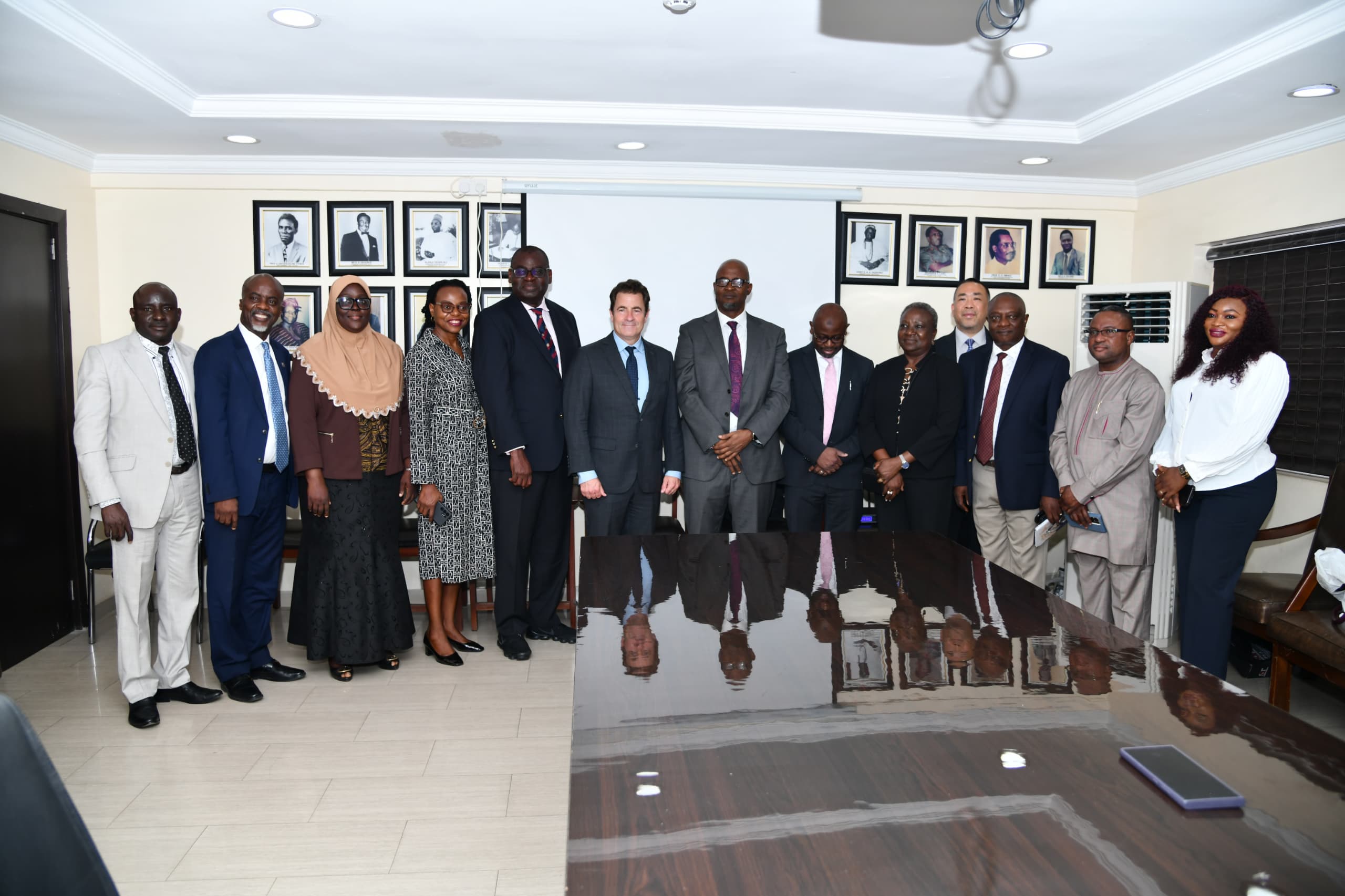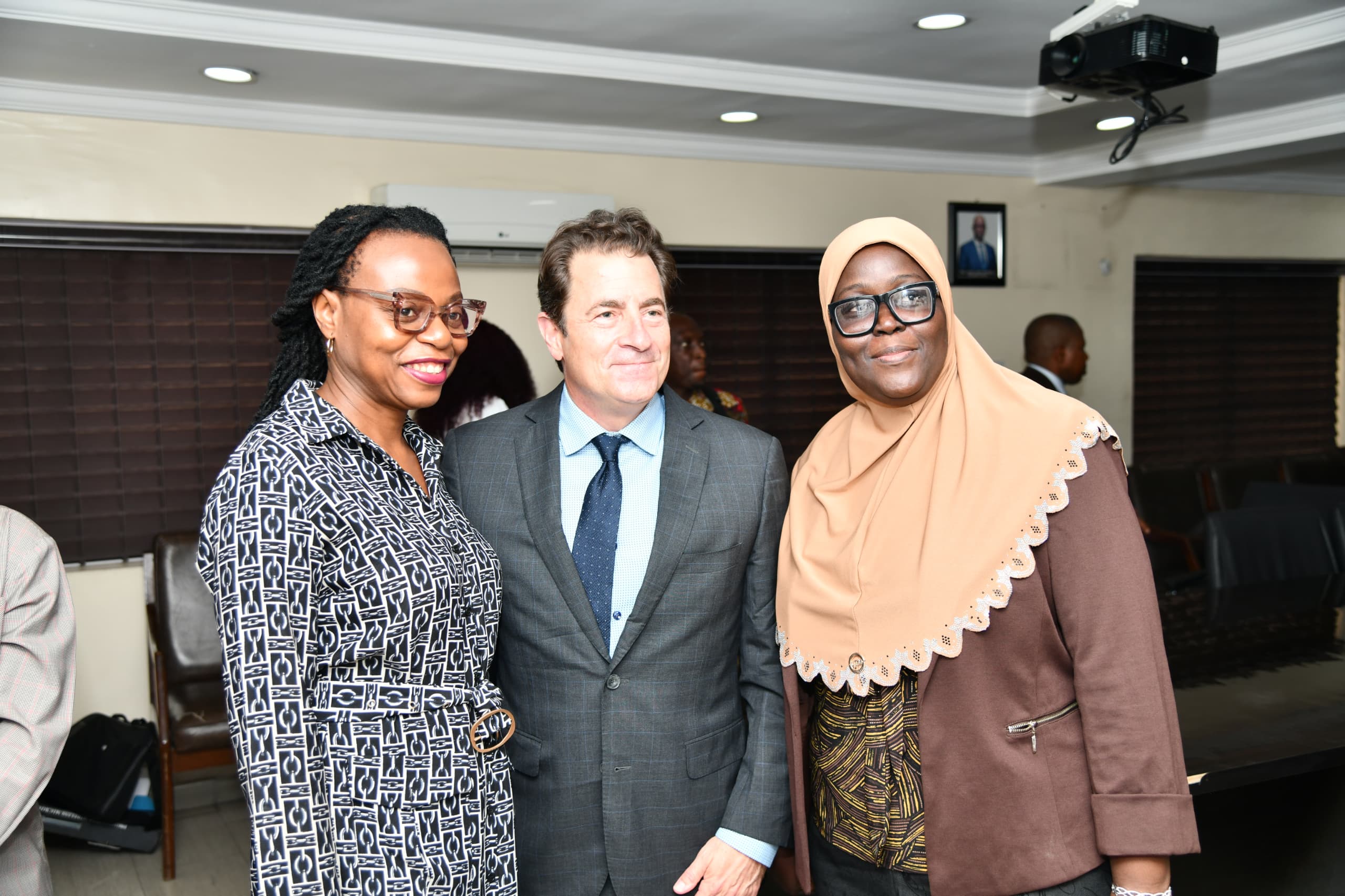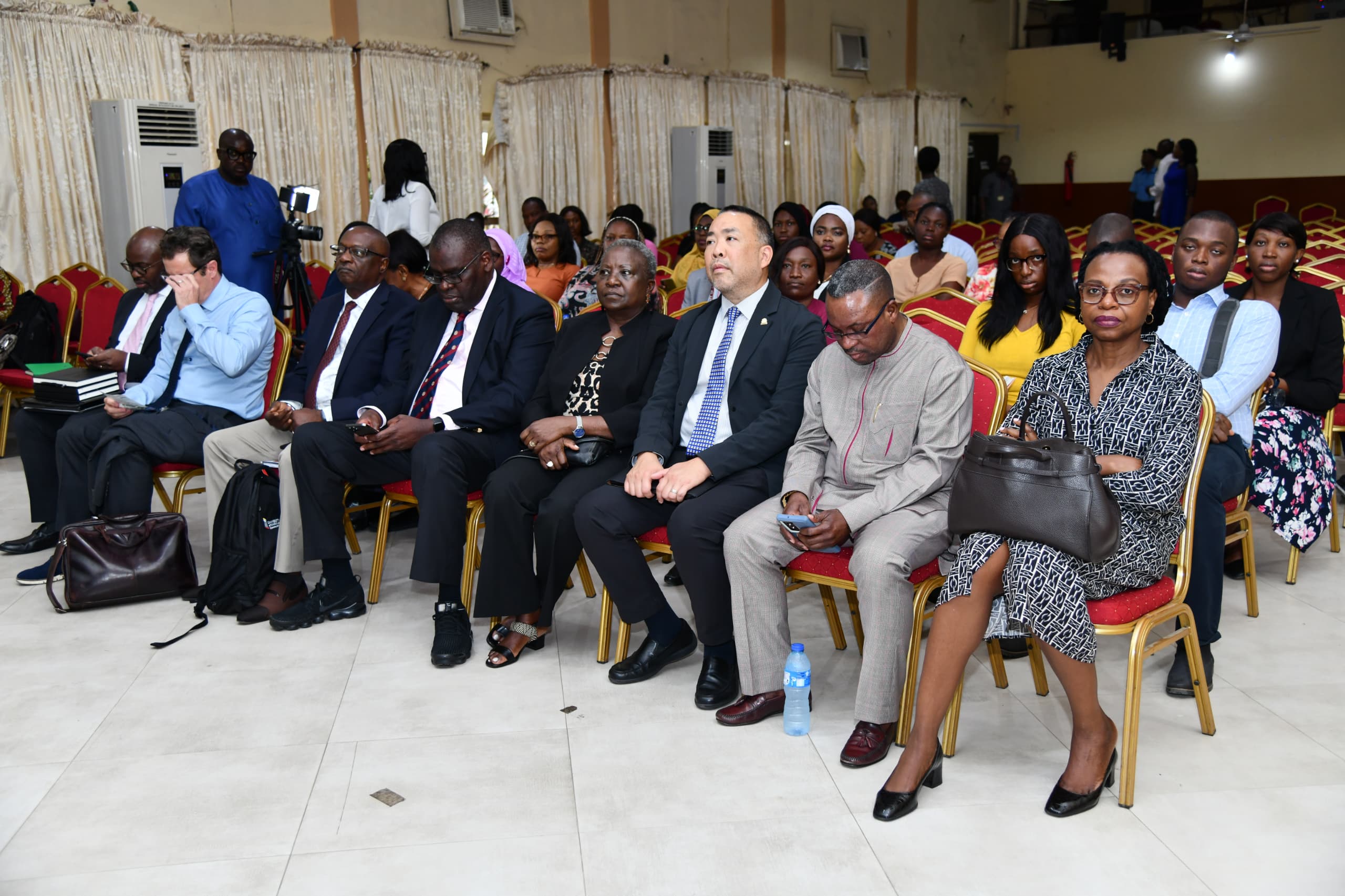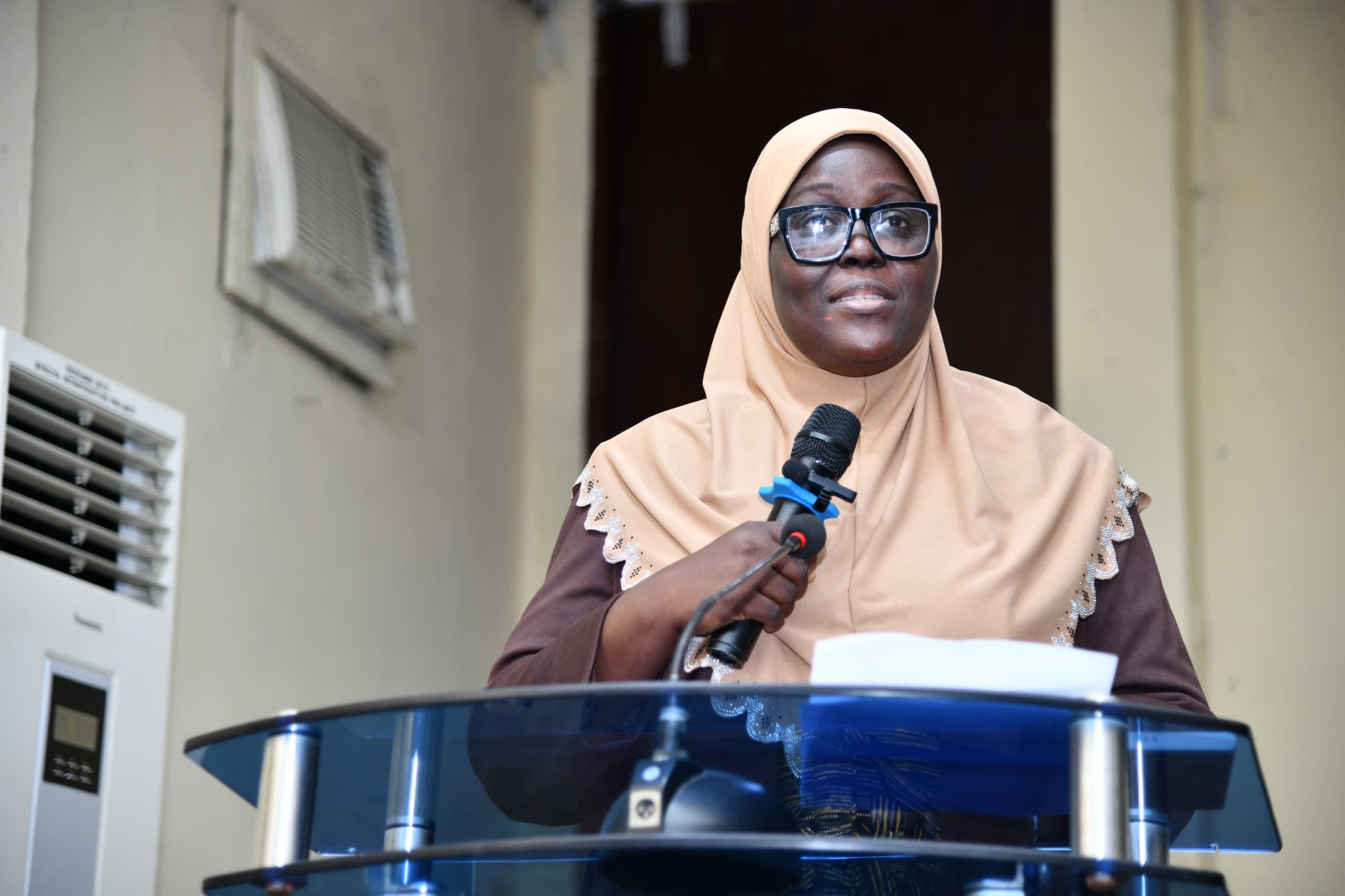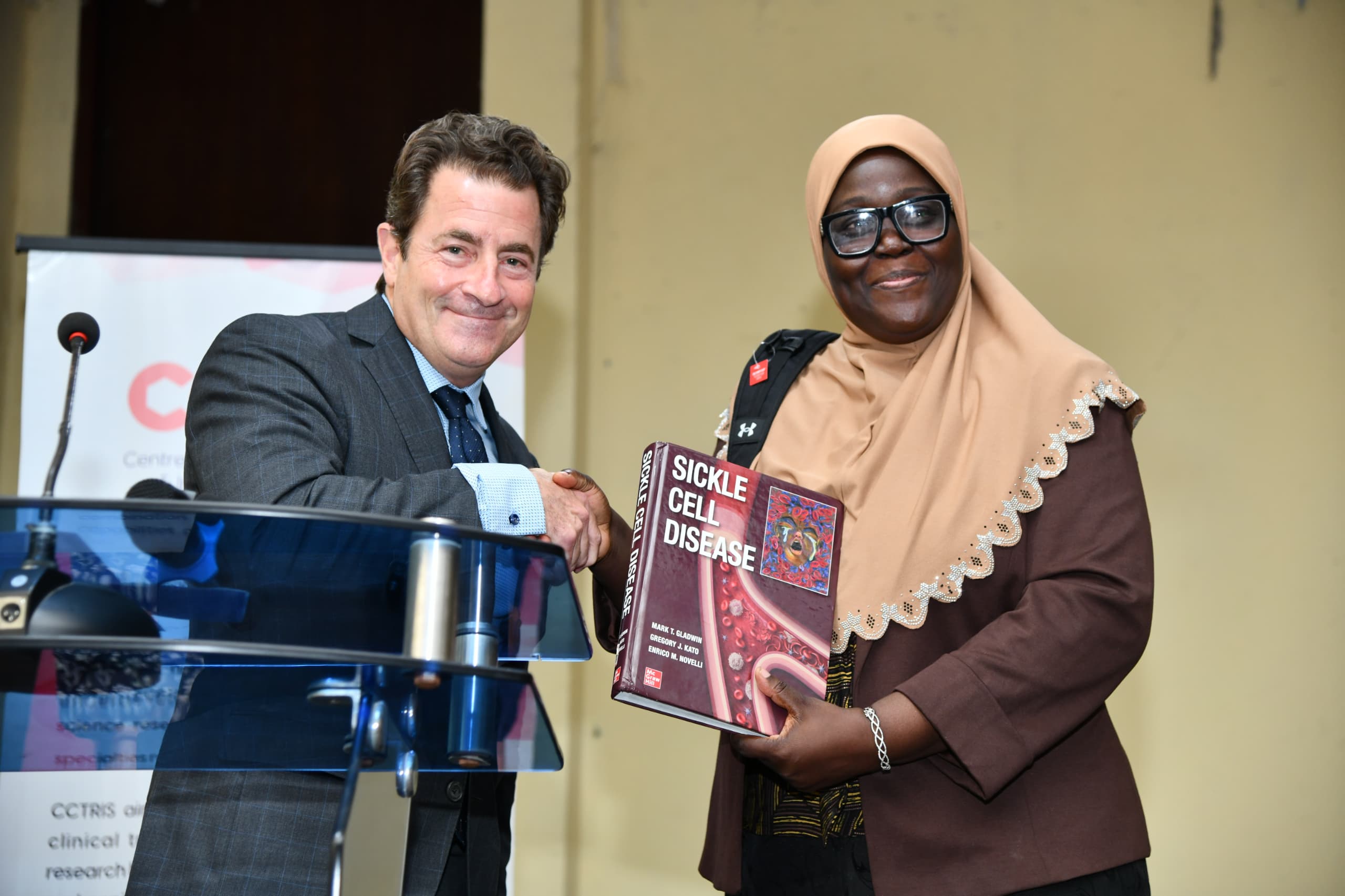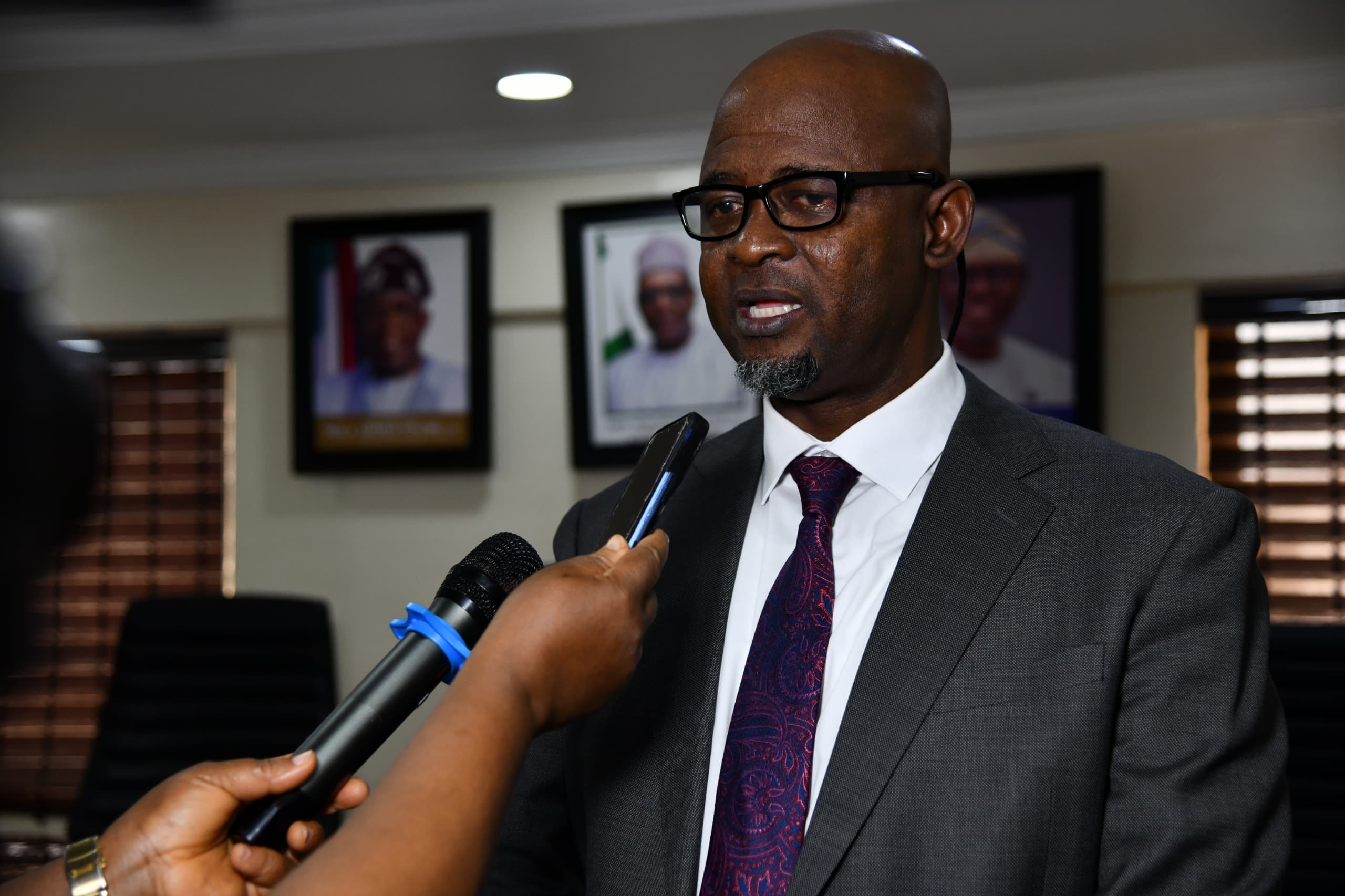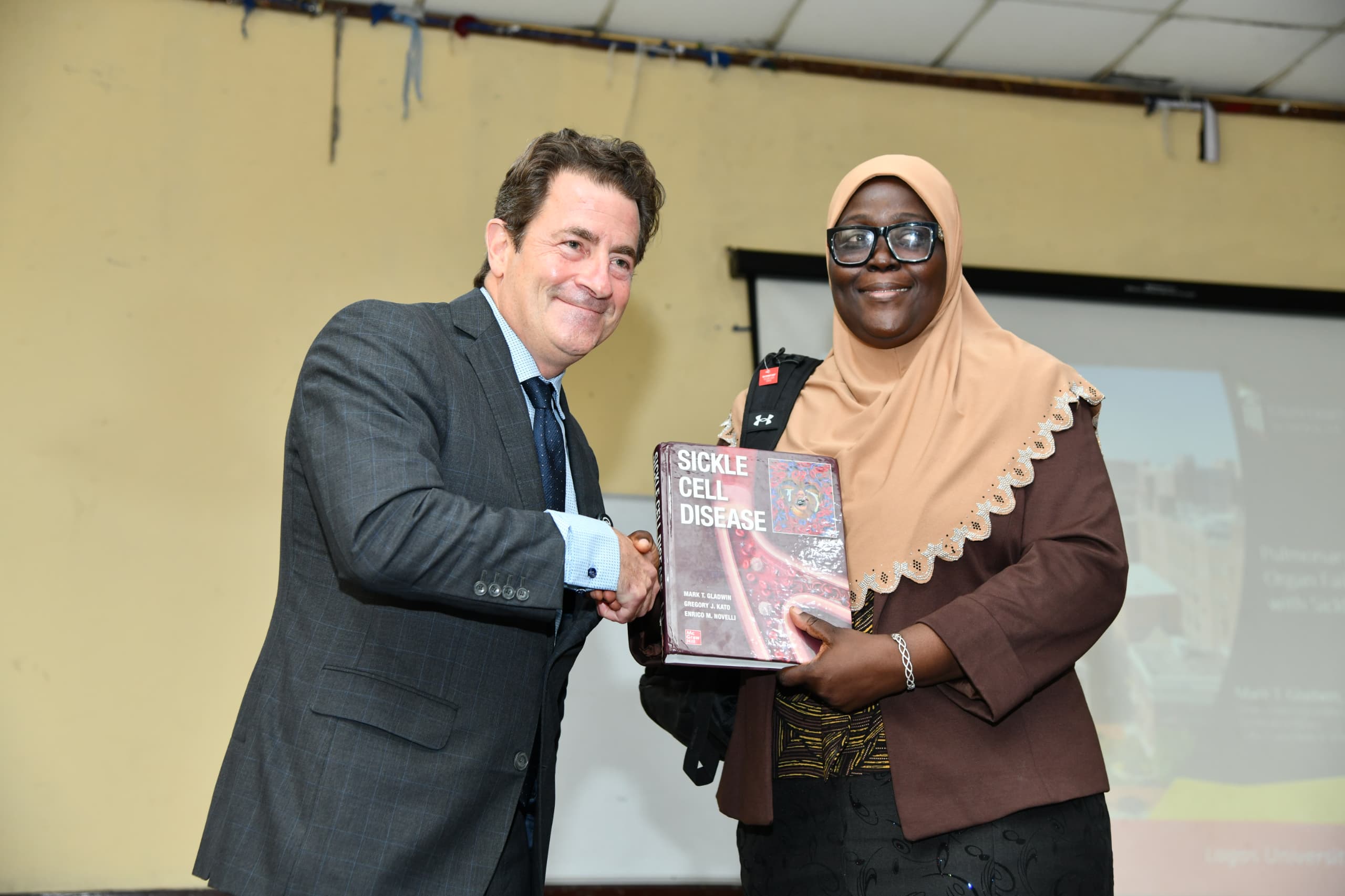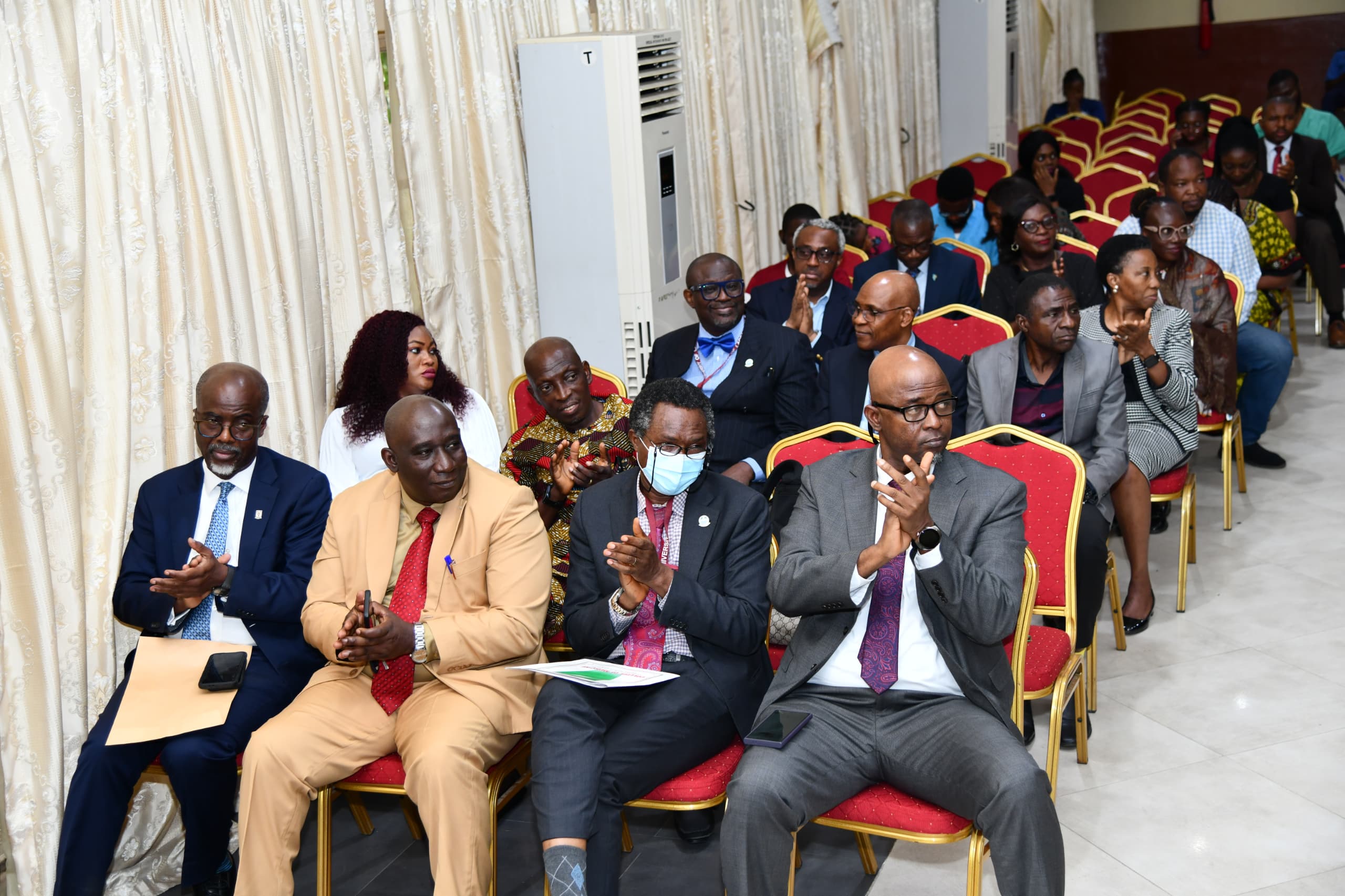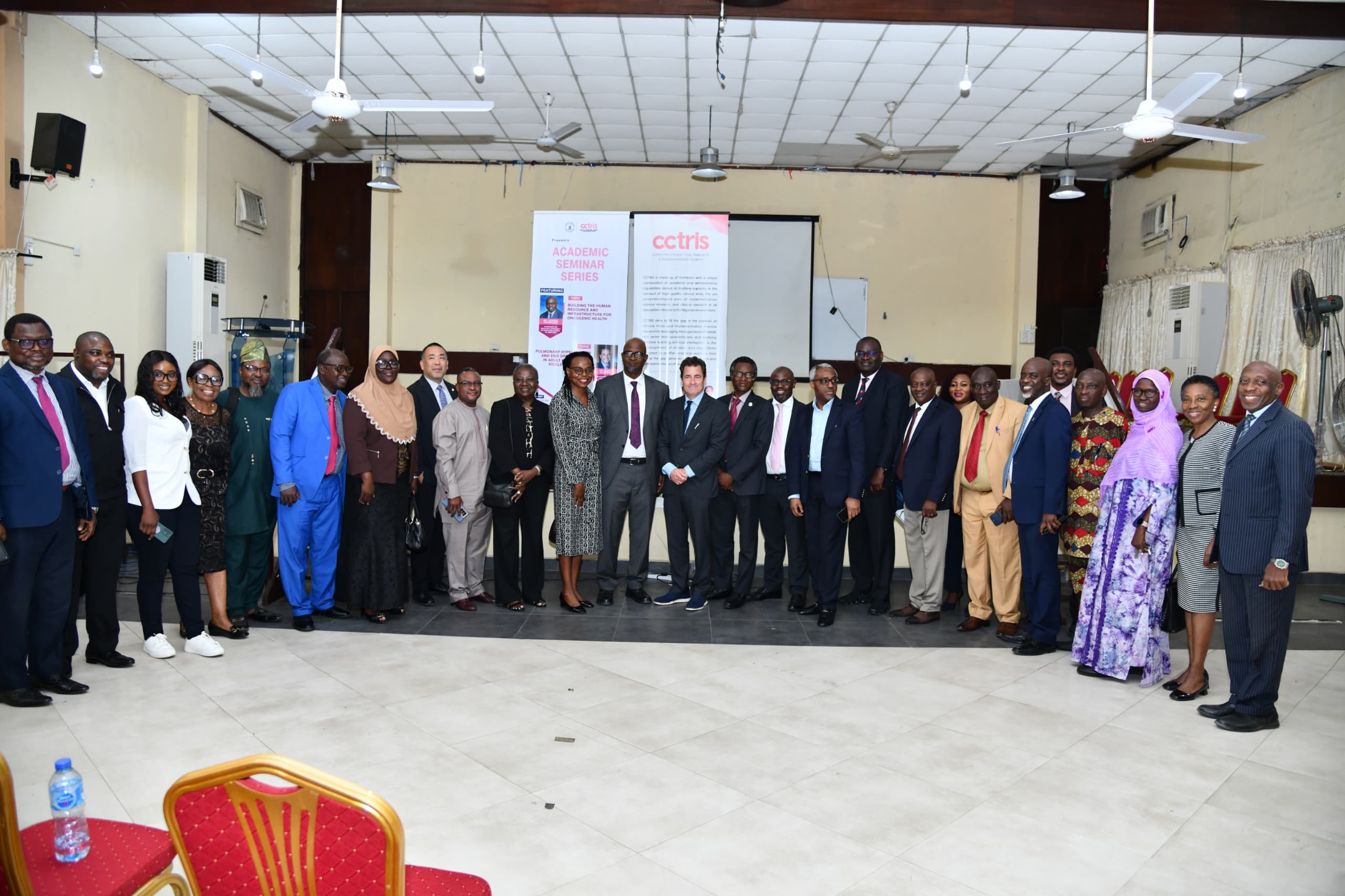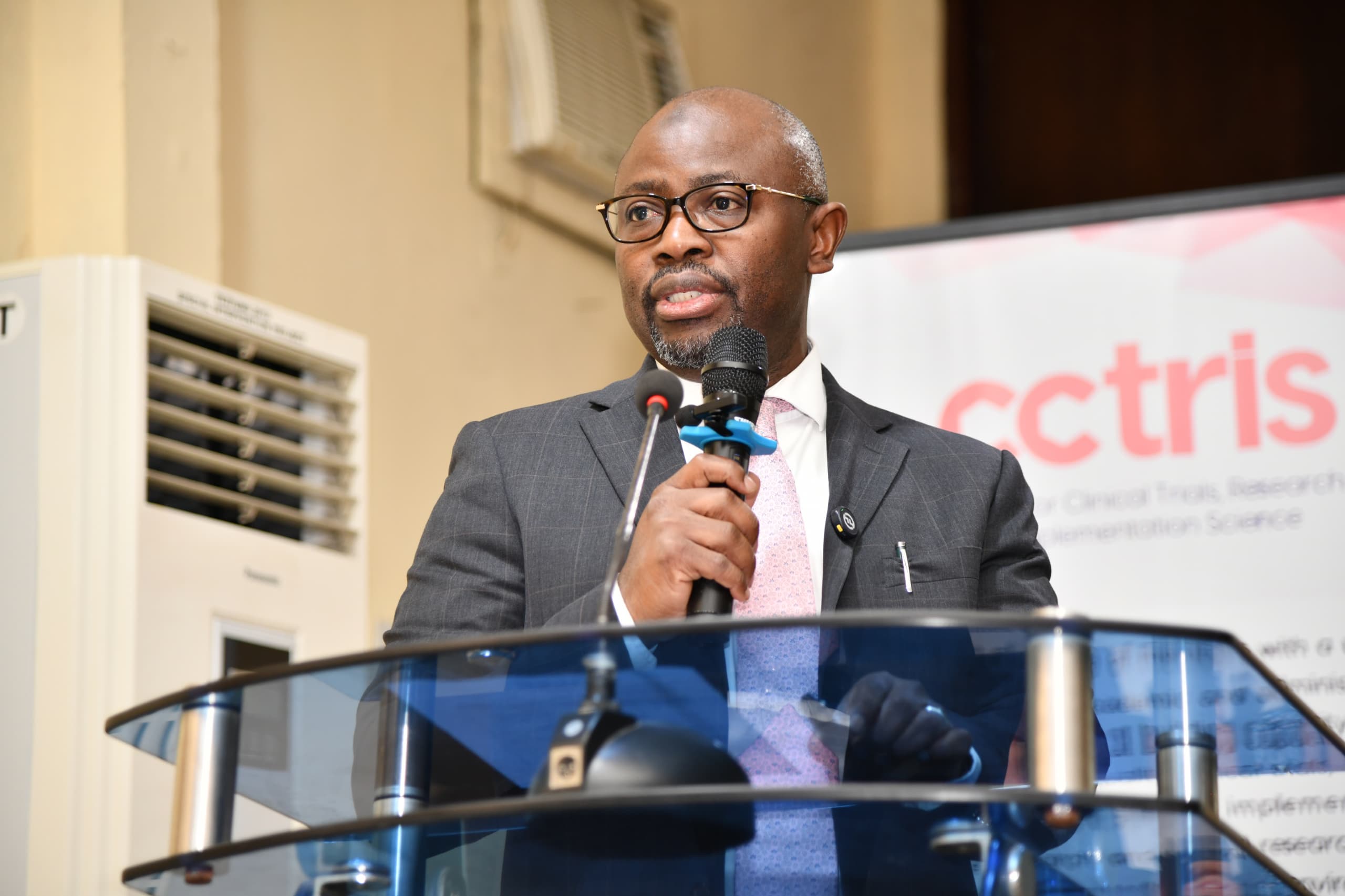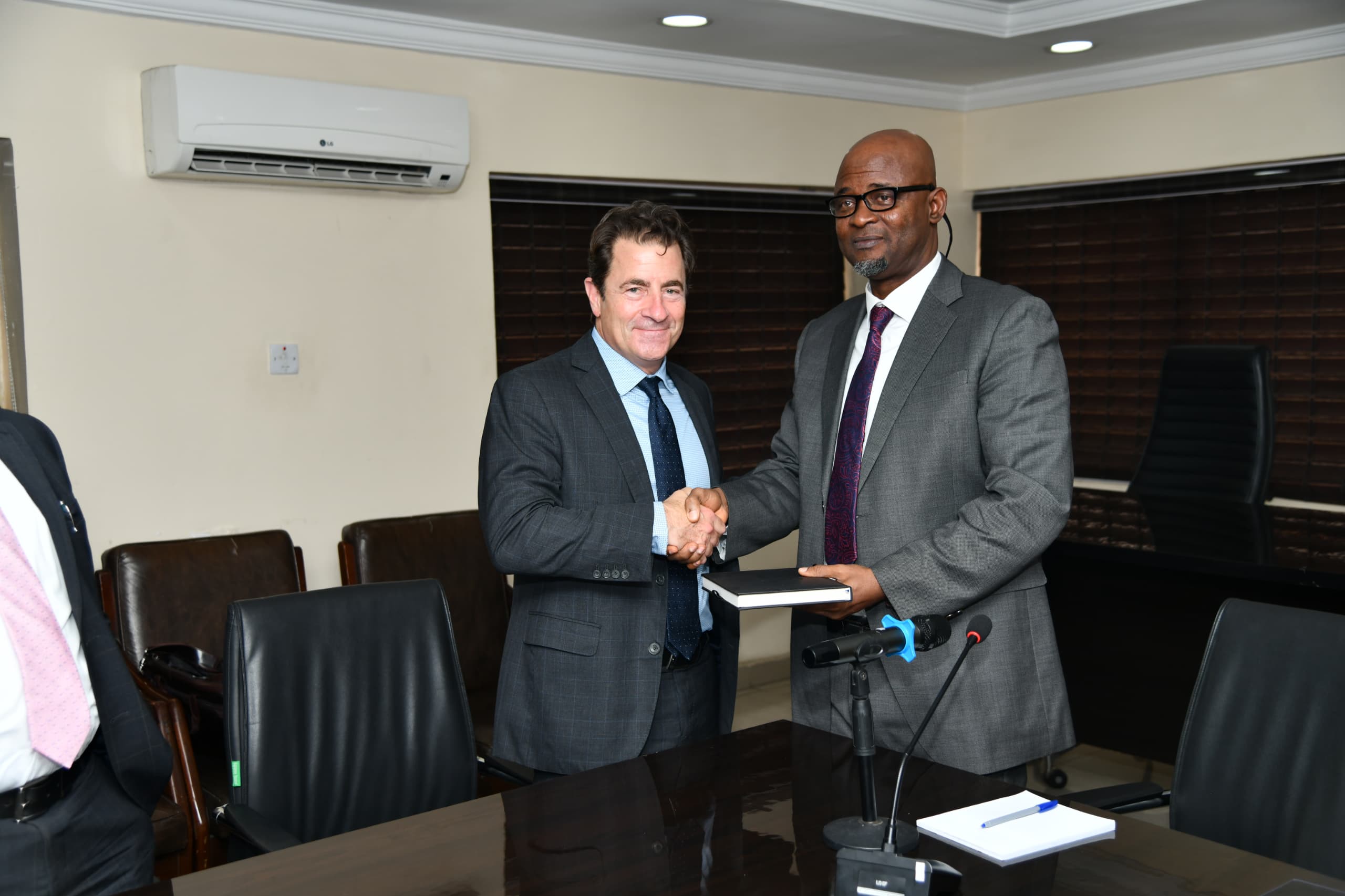
University of Maryland School of Medicine Collaborates with Lagos University Teaching Hospital on Non-Communicable Diseases
The Lagos University Teaching Hospital (LUTH) has announced a significant collaboration with the University of Maryland School of Medicine to address non-communicable diseases (NCDs) such as cancer, sickle cell disease, hypertension, and diabetes. This partnership, which builds on over two decades of cooperation in the field of infectious diseases, aims to enhance research, capacity building, and patient care in Nigeria.
Speaking at the event, Chief Medical Director (LUTH) Professor Wasiu Lanre Adeyemo (FAS), expressed enthusiasm about the collaboration. "The University of Maryland's presence here is a testament to the importance of building global partnerships. With their support, we are committed to advancing research and capacity building in critical areas such as cancer and sickle cell disease. This collaboration is aligned with the Federal Ministry of Health's directives under the leadership of Professor Muhammad Ali Pate and Dr. Tunji Alausa, which emphasizes the need for sustainable healthcare infrastructure and human resource development in Nigeria."
Professor Adeyemo also highlighted the challenges of brain drain and the need to retain skilled personnel within the country. "To keep our healthcare professionals in Nigeria, we must provide them with opportunities to grow, collaborate, and make meaningful contributions to global research. This partnership with the University of Maryland offers such opportunities, and we are confident it will encourage our younger generation of healthcare workers to stay and contribute to the development of our healthcare system."
Mark Gladwin, the Dean of the School of Medicine and Vice President of Medical Affairs at the University of Maryland, emphasized the importance of extending their longstanding partnership with Nigeria. "For over 20 years, the University of Maryland has partnered with Nigeria through the Institute for Human Virology to combat infectious diseases like HIV and tuberculosis. Today, we are here to address the next generational challenge—non-communicable diseases. Nigeria has the highest prevalence of sickle cell disease globally, and our goal is to improve the lives of patients affected by this and other NCDs through research, capacity building, and collaborative care."
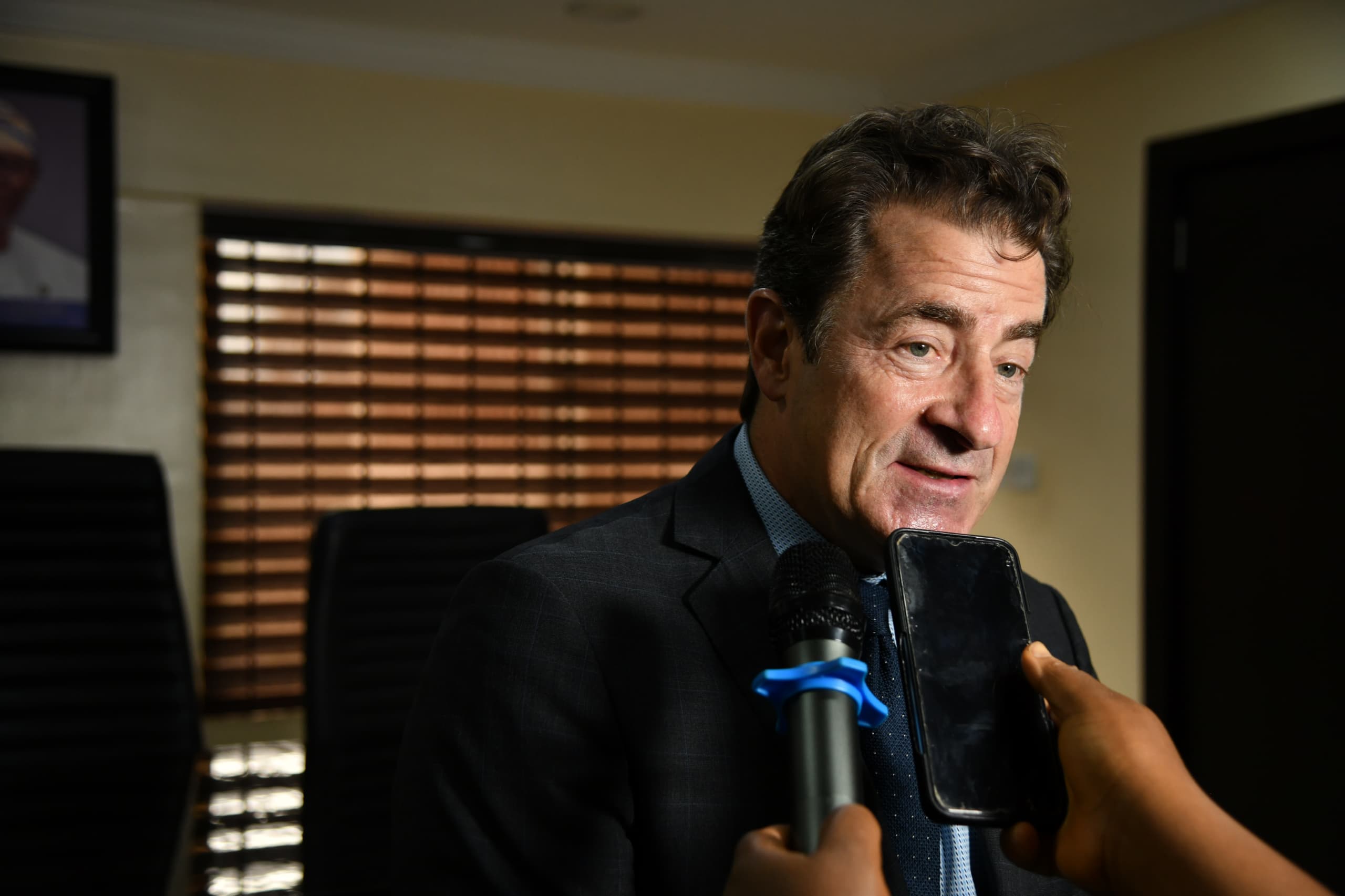
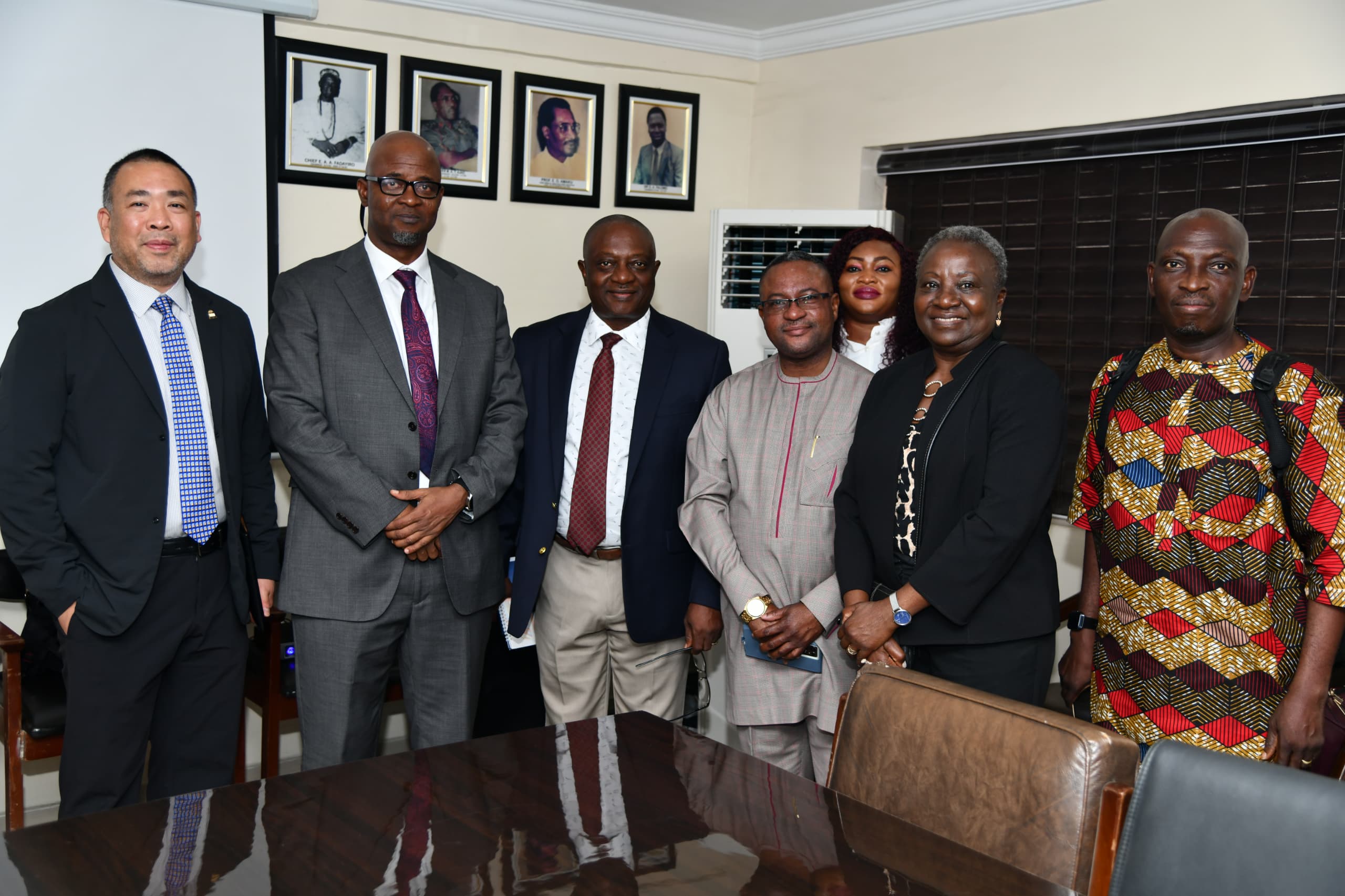
Professor Taofeek Kunle Owonikoko, a renowned oncologist and the leader of the cancer center at the University of Maryland, also spoke at the event. "As non-communicable diseases become more prevalent in low to middle-income countries like Nigeria, it is crucial to build local capacity and expertise. Over the next decade, we aim to work closely with both public and private institutions in Nigeria to address the challenges posed by NCDs. This collaboration is not only about bringing our expertise into the country but also about learning from local experts and finding sustainable solutions together."
This partnership is expected to last initially for four to five years, with the possibility of renewal based on the success of ongoing projects. The collaboration marks a significant step forward in addressing the growing burden of non-communicable diseases in Nigeria and ensuring that the country's healthcare system is equipped to meet these challenges.
This initiative is being carried out in close collaboration with the College of Medicine, University of Lagos, and involves both clinical and non-clinical staff at LUTH. The hospital looks forward to the positive impact this partnership will have on the Nigerian healthcare system, particularly in the areas of research, patient care, and the retention of skilled healthcare professionals within the country.
